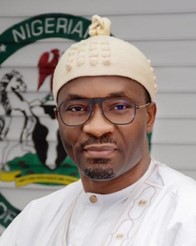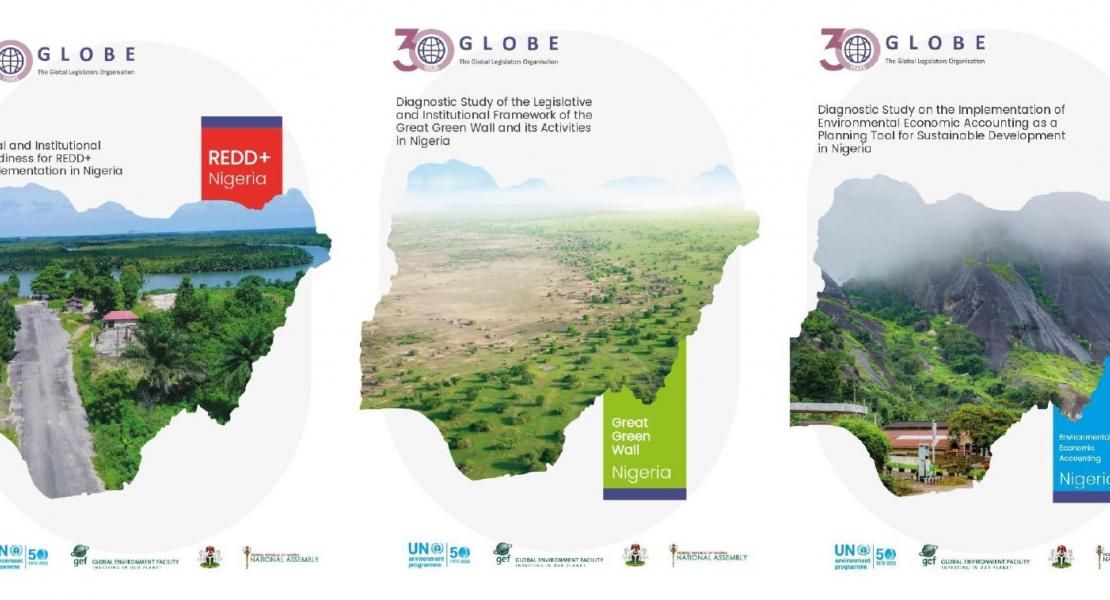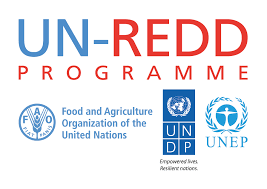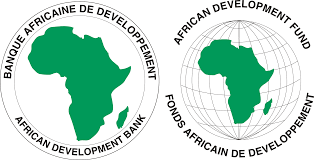
In developing and implementing sustainable development policies, decision-makers are confronted with incomplete indicators for measuring economic wealth and performance, particularly concerning the interactions between economic activities and the environment. Indeed, traditional tools for economic analysis do not allow policymakers to reliably assess the effectiveness of environmental policies implemented, nor the impact of economic policies on the environment. With the frightening impact of Climate Change in our world today, and with experts projecting that we must take ambitious steps to prevent what is a catastrophe-in-waiting, it has also become imperative to pay attention to the nexus between economic activities, and the protection and preservation of our environment. This is the only sustainable way to plan for the future. Recognising that economic and environmental accounting data are indispensable tools for parliamentarians in exercising their legislative, oversight, and budgeting powers for sustainable development, GLOBE International has since called for the implementation of economic and environmental accounting since 2014. This also echoes the calls by the United Nations over the years.
It is this understanding that prompted the United Nations Statistics Division to adopt the inclusion of nature in the framework for measuring economic prosperity and sustainable development. This framework (System of Environmental-Economic Accounting—Ecosystem Accounting -SEEA) looks beyond GDP and insists that in measuring actual wealth, attention must be paid to our natural capitals and the ecosystem services they provide.
For years now, human activities (e.g., agricultural expansion and intensification, the burning of fossil fuels, increased urbanization, etc.) have been undermining both climate and ecological systems upon which human well-being and economies depend.
It is this need to ensure that attention is paid to the preservation of our natural capital that motivated the African Union to launch, in 2007, the Great Green Wall Initiative which seeks to recover degraded lands in Africa's Sahel region and turn the now arid region into flourishing grassland. It is expected that by 2030 one hundred million hectares of degraded land would have been recovered through this initiative, with 250million tons of carbon sequestered [1]. Nigeria, again, keyed into this noble and ambitious initiative and showed commitment by establishing the National Agency for the Great Green Wall in 2015, to oversee the country's Great Green Wall Initiative activities.
One thing is clear, these two initiatives-- REDD+ and Great Green Wall Initiative-- both seek to restore and preserve our natural capital while paving the way for attention to be paid to mainstreaming Natural Capital Accounting into our country's sustainable development plans. This is the only path that will lead to sustainable planning and implementation, and we should all be committed to it.
Aware of the importance of these initiatives, the Global Legislators Organization for a Balanced Environment (GLOBE)—a global organization of national Legislators committed to championing the protection and preservation of our environment and sustainable planning by making laws and supporting relevant policies-- is implementing the Global Environment Facility (GEF6) project "GLOBE Legislators Advancing REDD+ and Natural Capital Governance Towards the Delivery of the 2030 Agenda", with support from the United Nations Environment Programme (UNEP). This project, in addition to creating awareness among legislators on the role they must play in ensuring that Nigeria pays attention to the preservation of her natural capital, also seeks to identify legal and policy gaps that have militated against the implementation of REDD+, the Great Green Wall Initiative, and Natural Capital Accounting. This study was initiated to address the second objective of the project while interrogating the necessity of the former.
This study, which is a result of painstaking research and consultations, done on behalf of GLOBE, is an important policy document. It is important because it identifies gaps in policies, regulations, and laws that are relevant to the implementation of the Great Green Wall Initiative in Nigeria, and in clear terms makes recommendations on what to do in the short and long term to plug these gaps.
I am aware that actions are already being taken by GLOBE Nigeria to bring these gaps to the attention of the National Assembly and to ensure that actions are taken. As a people-centered arm of Government, the National Assembly will always be committed to addressing these gaps. This is especially so because the future of our people is of paramount importance to us.
I charge all stakeholders to take these recommendations seriously and play their roles so that the recommendations in this very important document are fully implemented. As the Secretary-General of the United Nations, Antonio Guterres warned, “Time is fast running out for us to avert the worst impacts of climate disruption and protect our societies from the inevitable impacts to come.” I dare say that we are out of time. So, let us get to work!
Rep. Benjamin Okezie Kalu
Spokesperson, House of Representatives of Nigeria









